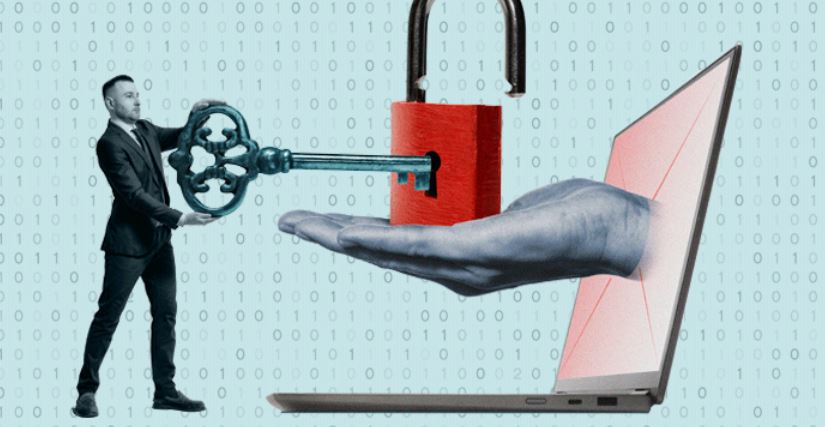What Are the Risks of Hiring a Hacker Online?
When digital problems feel urgent, some individuals consider hiring an online hacker to resolve them quickly.
This decision is often driven by stress, suspicion, or perceived lack of alternatives.
In 2025, hiring an unauthorized hacker online exposes individuals and organizations to serious legal, financial, and security risks.
These risks are not theoretical. They are well-documented across legal cases and cybersecurity investigations.
This article explains the five most critical risks, focusing on awareness and prevention rather than fear or sensationalism.
Quick Navigation
Risks of hiring a hacker online: legal exposure and criminal liability
The most immediate and severe risk is legal.
Unauthorized access is a criminal offense
Accessing digital systems without permission is classified as cybercrime in most jurisdictions.
The reason for access—curiosity, recovery, or evidence gathering—does not alter its legality.
Even requesting such access can constitute participation in a criminal act.
Shared liability between client and hacker
Individuals who hire hackers may face charges such as:
-
Aiding and abetting
-
Conspiracy
-
Solicitation of illegal access
Courts increasingly recognize indirect involvement as sufficient for prosecution.
This interpretation is central to cybercrime liability frameworks.
Financial loss and extortion risk
Financial harm is one of the most common outcomes.
Advance payment fraud
Unauthorized hackers frequently demand upfront payment.
Once payment is sent, services are often not delivered.
Refunds are rarely possible, especially with irreversible payment methods.
Escalation into extortion
In some cases, the hacker retains access or sensitive data and demands additional payments.
What begins as a one-time request can become ongoing coercion.
These patterns align with known online fraud schemes.
Permanent data compromise and privacy violations
The damage often extends beyond the original issue.
Loss of control over personal data
Providing access credentials or personal information allows hackers to:
-
Copy private data
-
Sell information
-
Reuse access across platforms
Once data is exposed, control cannot be fully restored.
Collateral damage across accounts
Email and cloud accounts often serve as recovery hubs.
Compromise can cascade into multiple services.
This interconnected risk underscores the importance of digital privacy protection.
Evidence invalidation and legal consequences
Some individuals seek hackers to obtain “proof” for disputes or investigations.
Illegally obtained evidence is often unusable
Courts frequently exclude evidence acquired through unlawful means.
Using such material may weaken a legal position rather than strengthen it.
Risk of counterclaims
Attempting to use hacked data can expose the hiring party to civil or criminal counterclaims.
This reality is well established in digital evidence admissibility standards.
Increased vulnerability to future attacks
Engaging an unauthorized hacker creates long-term security risks.
Being flagged as a vulnerable target
Individuals who engage hackers may be marked as:
-
Technically inexperienced
-
Willing to pay
-
Unlikely to report abuse
This increases the likelihood of repeat targeting.
Normalizing unsafe digital behavior
Using illegal shortcuts erodes security habits.
It increases reliance on untrusted actors rather than lawful processes.
This behavioral risk is a core concern in cybersecurity awareness efforts.
Professional experience insight
In cybersecurity incident reviews, a consistent pattern appears.
Individuals who hire unauthorized hackers often experience compound harm.
Initial problems are followed by financial loss, data misuse, or legal exposure.
Those who disengage early and rely on official recovery or legal channels avoid escalation and preserve long-term security.
Short-term urgency repeatedly proves more damaging than delayed but lawful solutions.

Visual representation of online hacking risks and digital security threats
Lawful and safer alternatives
Risk awareness should lead to safer choices.
Use official recovery and support channels
Service providers offer structured recovery processes designed to protect account integrity.
While slower, these processes preserve legality and trust.
Seek authorized professionals when appropriate
Licensed investigators, attorneys, and authorized security professionals operate within legal boundaries.
Understanding authorized security services helps avoid desperation-driven decisions.
Ethical and societal considerations
Beyond individual risk, broader implications exist.
Reinforcing criminal markets
Each transaction funds further illegal activity and victimization.
Erosion of digital trust
Normalizing hacking as a service weakens collective security norms.
These impacts reinforce why cybercrime prevention relies on informed individual choices.
Frequently Asked Questions (FAQ)
Is hiring an online hacker illegal?
Yes, it often constitutes participation in cybercrime.
Can unauthorized hackers actually fix digital problems?
Most public offers are scams or cause further harm.
What happens if I only pay once?
Many victims face additional demands or data misuse later.
Is hacked evidence accepted in court?
In most cases, illegally obtained evidence is excluded.
What is the safest alternative?
Use official recovery channels or authorized professionals.





